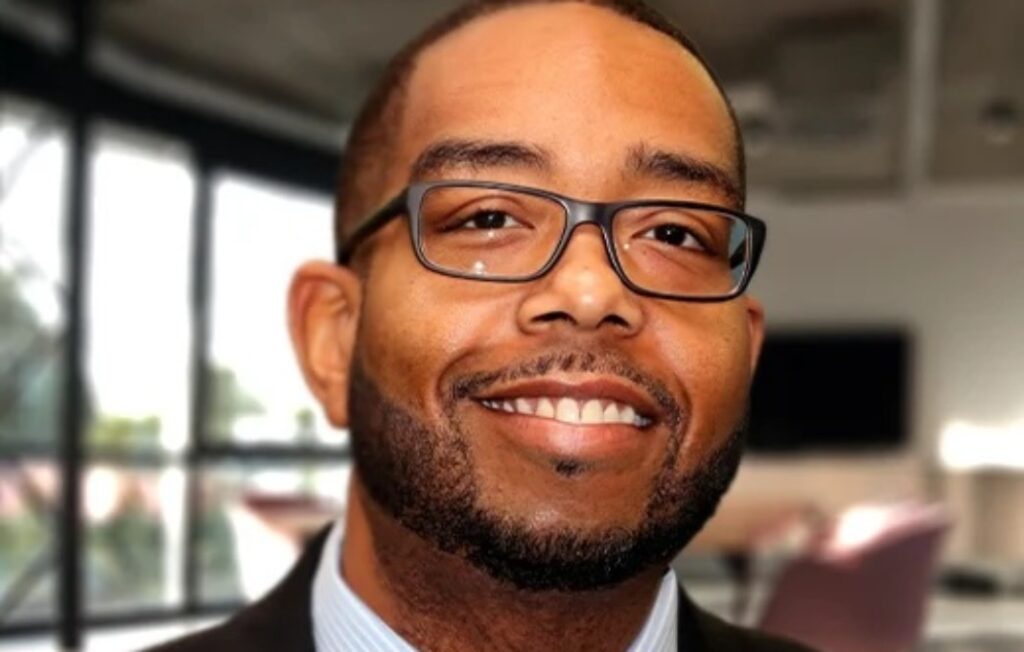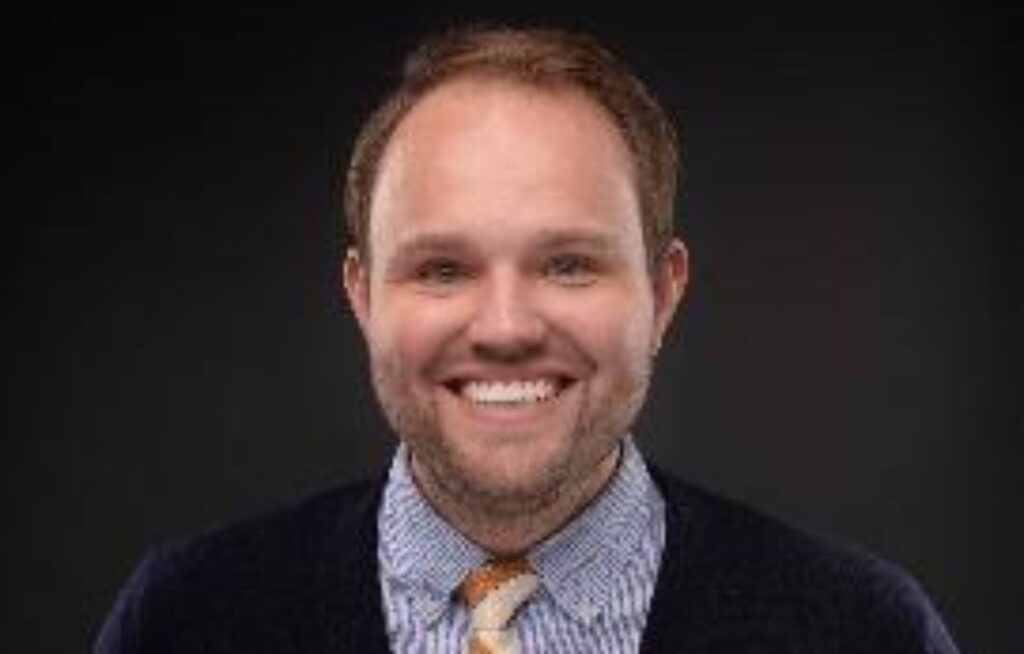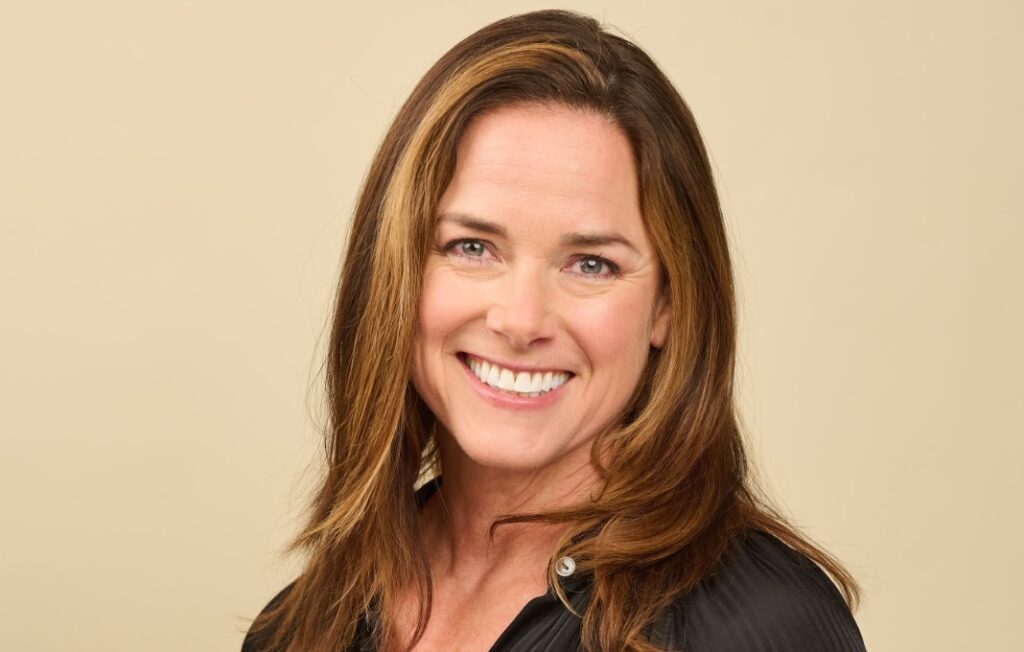In this era of the Great Resignation, how can employers stand out in the war for talent? Kelly Beckner, who prefers the term Great Realization, has some thoughts.
Beckner, vice president of corporate human resources and administration at MBO Partners, an Austin, Texas-based company that provides an independent workforce management platform, urges HR leaders to focus on the employee experience. She spoke with StrategicCHRO360 about how the concept of work-life balance has changed, what companies can do to improve employee engagement and what candidates can tell about a job before they even start.
With so many job openings right now, what can HR leaders do to stand out in a marketplace that is brimming with opportunities for the best and the brightest?
Companies that will best stand out in this competitive current labor market will not only sell the job, but spend equal attention to selling the corporate experience—the benefits, perks and employee engagement pieces that make up the totality of a job. Today, the differentiator isn’t “I can pay you more,” it’s “We have benefits that resonate” and “We match your desired work/life balance.”
It’s equally important to deliver on that experience—you have to know that what you’re selling is actually what is happening in your organization. Further, in today’s competitive market, the ease of the candidate and interview experience is paramount; we need to be fluid and flexible and expeditious in how we move candidates through the process, as that speaks to them volumes about the organization and their potential future experience as a worker.
How do you engage employees from day one to make them want to stay?
There is no one recipe for employee engagement, however, in my experience, the best employers are very attuned to the employee experience from the moment they accept the offer. This means “employee experience” starts long before day one. Ideally, there are connections, outreaches and engagements before new hires arrive for their first day of work. It’s imperative that employees are set up and ready to go, and in the first days of employment, that they are given exposure to both the big picture of how a company operates as well as the details of their job, to ensure they feel connected both to their role and to the organization as a whole.
We spend the first 12 weeks in close contact with any new employee, ranging from outreach feedback at weeks one, two, four and 12, to on-the-job learning and training that is both holistic to the organization and the job. This provides a line of sight into the impact of the role you have to the organization’s goals and objectives.
What should you keep in mind this year to create a sustainable talent culture?
Creating employee engagement is critical to a sustainable talent culture. These connections come in a variety of ways, from experience and recognition programs to ongoing improvements in benefits and basic process execution. It’s not just about creating more programs, but about creating more depth in the programs that exist, to derive true value.
What organization policies need to be in place in the era of the Great Resignation?
Organizations need to reframe the idea of the Great Resignation. It’s not about managing turnover. We at MBO Partners call it the Great Realization—people the world over are realizing what is most important and acting differently as a result. This doesn’t have to mean turnover and resignations, although this can be a side effect.
Work looks very different in 2022 than it did at the beginning of 2020. Understand where policies can be designed to allow for employees to follow in spirit as well as the letter of the law, and to craft programs that allow for organizations to derive what they need—control, profit, growth—as well as employees to derive what they need—meaning, connection, value—while striving toward common goals and objectives.
In short, it’s not the construct of policies, it’s how employers look at these policies under a different lens to support employees in this next way of working.
Truly savvy organizations will also look beyond simply their full-time populations to the totality of their workforce, which likely includes contract and freelance labor as well, and design policies and programs that support the totality of their workforce. This can build a sustainable organization, not just for today, but for the future as well.








